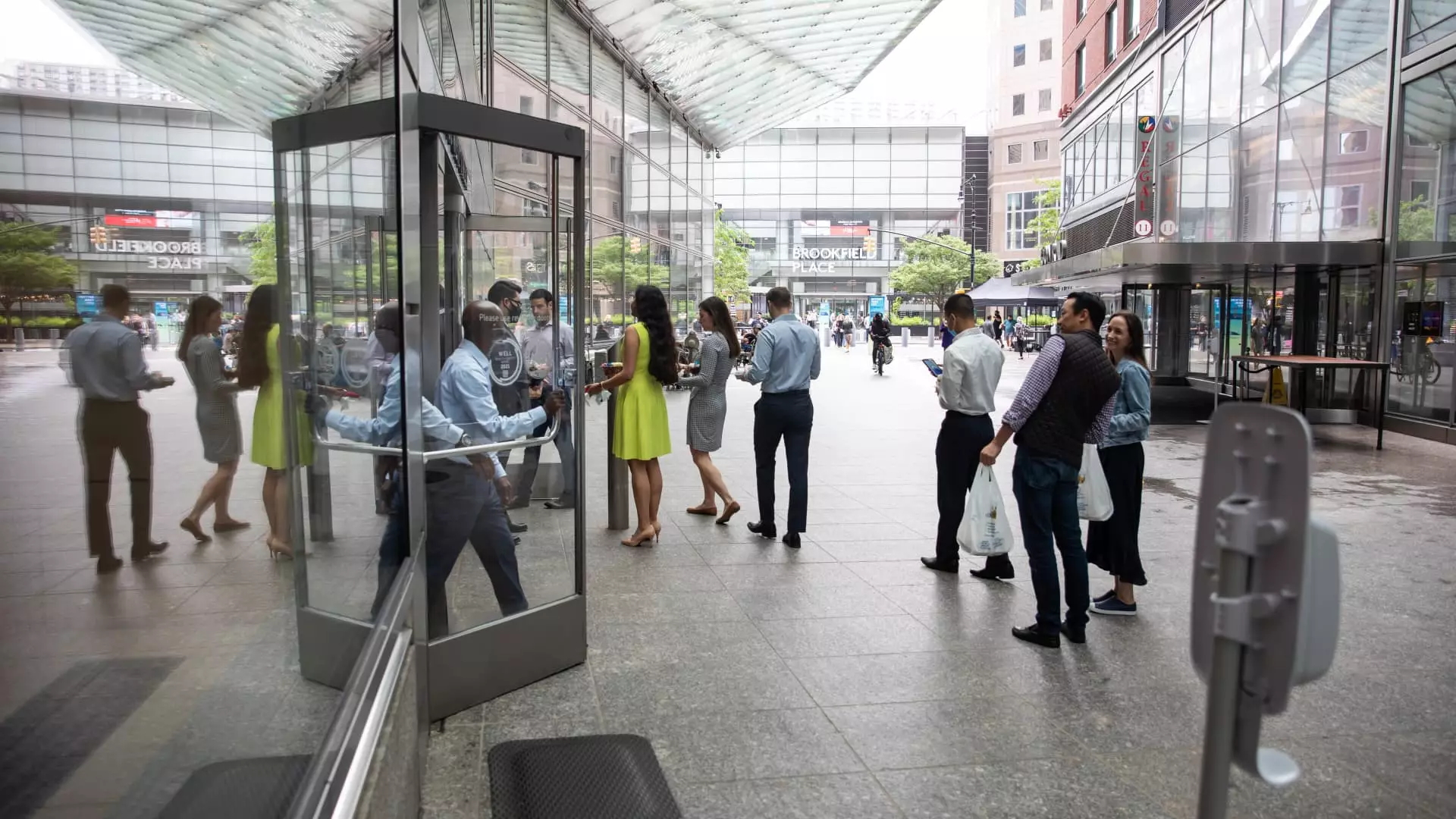A troubling wave of pessimism is sweeping through the upper echelons of America’s corporate sector. As revealed by a recent survey from Chief Executive, 62% of over 300 participating CEOs predict an imminent recession. This marks a significant uptick from the 48% who expressed similar concerns just a month prior. The findings from April are not merely a statistic; they reflect a deeper malaise within the business community, as these leaders grapple with escalating fears about economic stability. The implications of such sentiment are profound and warrant serious discussion about the underlying causes and potential solutions.
Policy-Induced Uncertainty
President Trump’s erratic tariff strategies have undeniably injected chaos into the financial landscape. Many corporate executives have openly criticized the administration’s on-again-off-again approach to tariffs, citing that approximately 75% believe these levies will ultimately harm their businesses in 2025. This widespread discontent is not just anecdotal; it represents a significant shift in how CEOs perceive economic policy as a determinant of business prospects. In an era where globalized markets expect stability, the administration’s unpredictability could stifle innovation and investment.
Critics might argue that CEOs should adapt to changing policies, yet that response oversimplifies a complex environment. Businesses require a stable policy framework to operate effectively. Companies thrive when they can anticipate future costs, yet the current tariff negotiations complicate financial forecasting, causing undue anxiety that can ripple through the entire economy.
Stagnation in Executive Confidence
The Chief Executive survey highlights a distressing drop in CEO confidence regarding current business conditions, with a fall of 9% in April alone, compounded by a staggering 20% decline in March. Such plummeting confidence levels are now lower than those observed during the early pandemic months, indicating a profound anxiety not only about immediate business conditions but also about the future. When only 37% of executives expect profits to rise—down from 76% in January—it becomes clear that the foundations of corporate optimism are shaky at best.
The rating dips reflect a broader economic malaise, revealing that, even when projecting out one year, business leaders maintain a grim outlook. With many executives projecting double-digit increases in costs due to ongoing tariff discussions, the profitability dilemma grows more pronounced. If these leaders—known for their data-driven perspectives—are signaling alarm, it is crucial for policymakers to take notice.
A Flicker of Hope Amidst Worries
In the midst of this downturn in sentiment, there are glimmers of hope. Interestingly, over half of the surveyed CEOs see potential for improved business conditions within the next year—a slight rise from the previous month. These mixed signals suggest that while immediate concerns abound, there is still a contingent of executives who believe in the resilience of the American economy, albeit warily.
Moreover, temporary tariff exemptions on specific goods, like smartphones and PCs, may offer some relief. However, this relief is short-lived, leading to uncertainty about whether such actions can provide substantial long-term stability. The responses from senior executives, like JPMorgan Chase’s Jamie Dimon and BlackRock’s Larry Fink, signal increasing awareness of the fragile economic state. Their warnings about falling earnings estimates reflect a growing consensus that we must tread carefully as we navigate these treacherous waters.
The Need for Pragmatic Economic Strategies
The necessity for thoughtful and pragmatic economic strategies cannot be overstated. With 62% of our top executives now forecasting recessionary conditions, it would be foolish for policymakers to dismiss these findings. The pathway forward requires a concerted effort to stabilize trade policies and encourage investment rather than drive it away with unpredictability. As the stakes grow higher, we must engage in dialogues that prioritize economic viability over partisan squabbles.
While there may be a slight uptick in hope, the primary narrative emerging from this survey is one of looming uncertainty. Businesses thrive on predictability and confidence, and right now, they are sorely lacking in both.

